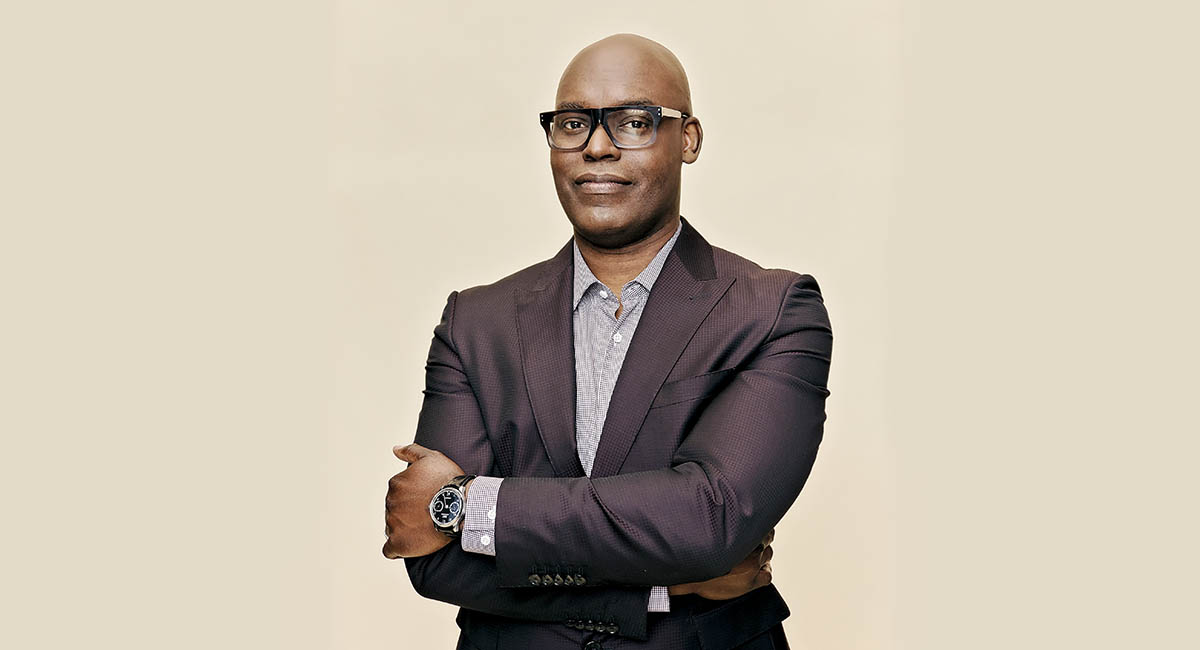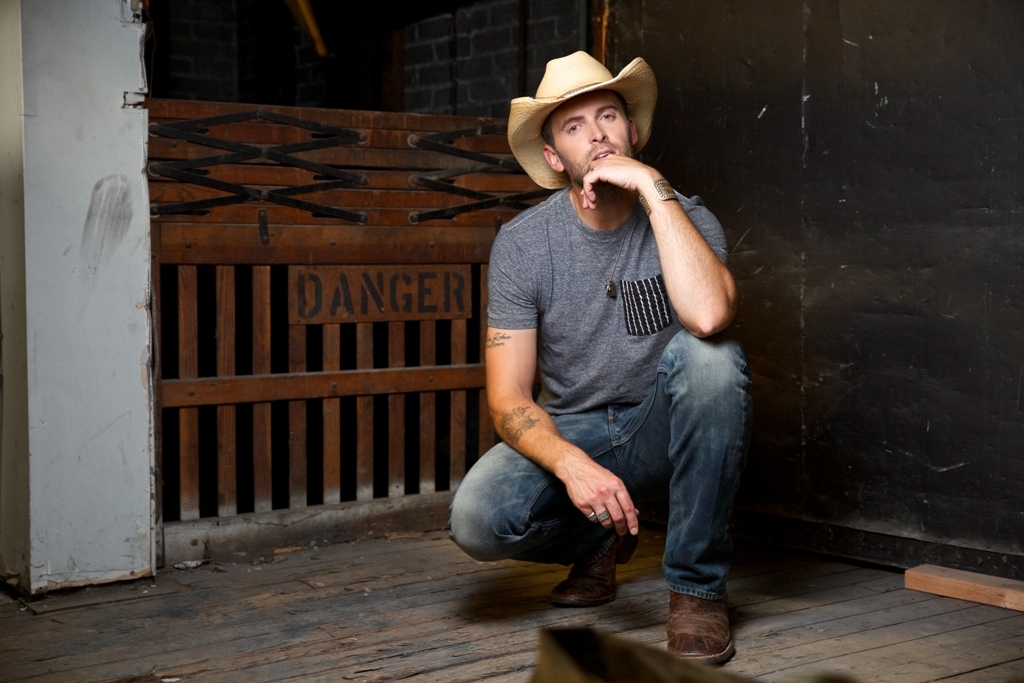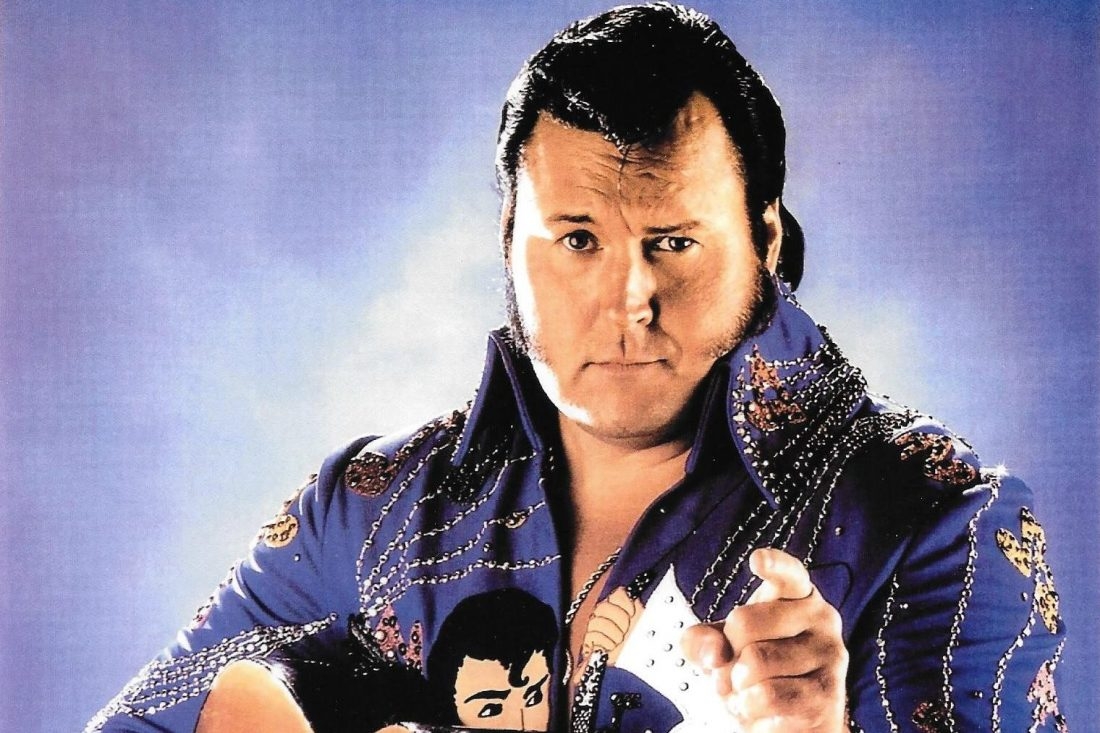
CEO Cameron Bailey says TIFF is an Audience-Driven Festival
The Toronto International Film Festival (TIFF) is just around the corner, and once again, Ottawa Life Magazine will be in Toronto to provide you with coverage.
One of the biggest film festivals in the world, TIFF has seen incredible films like Slumdog Millionaire, Parasite, Moonlight, Green Book, Chariots of Fire, and 12 Years a Slave pass through the festival before going on to Academy Awards fame.
TIFF is also about developing new talent and providing emerging artists an opportunity to strengthen their skills; it’s for movie lovers and movie makers.
To kick off our coverage, we sat down with CEO Cameron Bailey, who has been with TIFF since 1990 and is consistently acknowledged as one of Toronto’s 50 most influential people.
Bailey discusses what audiences can expect from this year’s festival, the impact of the actor’s and writer’s strike and his role in helping to bring Taylor Swift back to Toronto.
OLM: How has the planning been for this year’s festival?
CB: It’s been great in the sense that we have been watching some incredible films that we are excited to get out to audiences in a few weeks. We have had the additional complication, of course, of the actor’s strike and the writer’s strike. We have been looking at how that will affect the festival. But the good news is we have a great lineup of films which will all be here, the directors will be here, and in many cases, the actors will be here if there are independent films or not SAG-AFTRA members. It affects a fraction of what we do, but for the most part but for the most part, you’ll see the festival that you are used to.
OLM: Coming out of the 2020 Festival and dealing with the Covid pandemic, one of the things TIFF is used to doing is pivoting. Do you think moments like that have prepared you for the 2023 festival with these strikes?
CB: You’re right it has. We actually put the same process in place when we first got news about the actor’s strike and that it might last as long as through the festival or even longer. We had a Covid protocol where a core group of our team would meet every morning and talk through the latest developments and how we would react, plan a response and execute it. That served us very well in terms of the pivot that was necessary for the actor’s strike. It’s a different situation, but the process you use to answer questions, solve problems, and adapt your response as you need to is pretty much similar.
OLM: What are some of the films that you’re excited about that will be at the festival?
CB: It has to start with our opening night film; this is one I am very excited about. This is the new film by Hayao Miyazaki, the great Japanese animator. (The Boy and the Heron). It may be his final film. He had retired, and we weren’t sure we would see anything from him after The Wind Rises, but now we have a new film. It is just magnificent, staggeringly beautiful, an incredible work of imagination. I think it sums up his view of life as well. This is his statement about how we exist in the world and how we deal with the things that are most important to us. I don’t want to reveal anything about the plot. I think it’s best as a surprise, but I will tell you it’s just magnificent.
I am thrilled that some people we have had at the festival are back with new films. Viggo Mortensen has a beautiful film called The Dead Don’t Hurt. He directed and stars in it with Vicky Krieps, and she’s just a remarkable actor. (Phantom Thread)
We are closing the festival with a Gala Presentation documentary about Sylvester Stallone called Sly, a real revelation for me. Like many people, I grew up watching Sylvester Stallone movies, but I didn’t have the whole story. This is how he became not just an actor, the icon, the action star that he is, but also how he became a writer. And what emerged from this film is how much he wrote his iconic status into existence. He didn’t find the roles that would suit him, so he wrote them, made these movies, and became the star he is through his own creation as a writer. That was really fascinating to watch as well.
We actually have several films from South Korea. Not just Parasite, not just Bong Joon-Ho, but there’s an incredible creative community in South Korea churning out the movies, TV shows and pop music we listen to these days. There is one called Concrete Utopia that we are excited to have and another one called Normal Family. A wide range of Korean films that I think will be great for audiences, especially if you liked Parasite and you want to see what is going on in Korean cinema, we have the new crop.
OLM: Over the last while, TIFF has had a lock on the Best Picture winner at the Academy Awards, and a slew of TIFF films have been nominated for many other categories. Over the last few years, films from other festivals have taken home the Best Picture Oscar. Do you look at that and think, ‘There are so many great movies, and TIFF can’t show them all,’ or do you think that things need to be sharpened up with the programming team?
Do you pay a lot of attention to programming from an awards standpoint, or are you just happy that your audiences are leaving TIFF satisfied that they’ve seen some great storytelling?
CB: I think we use our audience as the first measure. If they respond well to the programming, then I think we have done well. What I’m actually kind of fascinated by is what is winning Oscars these days, whether it be Best Picture or some of the other award categories, is not necessarily the obvious films that used to be called ‘Oscar movies’ or ‘Oscar bait movies.’
There is no guarantee anymore that one kind of film wins the Academy Awards. You look at the last several years: Moonlight, Nomadland, Parasite — a really interesting, diverse range. Often, filmmakers who are making their first, second, third, or fourth feature — we like to find those films. We are also just looking for talent wherever we can find it. Last year at our Tribute Awards, we gave awards to Michelle Yeoh and Brendan Fraser, who went on to win Oscars. This year, I think it’s still a very open field, especially not knowing how the strike will affect the Oscars and award campaigns.
The films we have announced, like the Michael Keaton film Knox Goes Away, like Lee with Kate Winslett and the new Viggo Mortensen movie I mentioned, I think are going to be strong contenders, but we don’t know until the awards are handed out next year.
OLM: What advice would you give to a TIFF first-timer?
CB: I would begin with devoting as much time as you have available to it. Get to know our lineup, get to know the schedule, get to know what suits your time. Just explore. Use our program book guide use our website (TIFF.net). Find out what are the films that most interest you. I can guarantee you there is a film for every taste at the festival.
If you are into experimental films, check out our Wavelengths program; you might be into short films or Canadian films. There is a Nickelback film called Hate to Love. You can follow just music; there is a Paul Simon documentary. Other things that are musically driven.
If you have favourite parts of the world, you can focus it that way. Get away from the most familiar names. Do a little bit of digging. Ask your friends and other people who have taken part before and what they recommend. And also, just leave yourself open to chance.
Sometimes, you’ll hear about a film just standing in line waiting to get into the one you want to see. They will tell you about it. Try to make time for that. It’s those discoveries that are often what you will remember most at the end of the festival.
OLM: You head of this very impressive festival, but what would people be surprised to know about you?
CB: That’s a good question. We have this beautiful building, TIFF Bell Lightbox, and we are doing renovation on our floor. I oversaw this renovation, and it was my idea and original plan. People might be surprised to know that two days ago, I was down with the team, moving plants into place and furniture and physically moving things around. That’s how I roll; I am not sitting in an ivory tower. If things need to be done, I will be ready to roll up my sleeves and help with everybody else.
OLM: When we chatted last year, you told me that gardening had become a hobby of yours. Is it still a passion?
CB: It is, but I have moved in order to be close to our son’s school, so I don’t have the same type of gardening opportunity. But I still love it. It’s kind of therapeutic and meditative to do, so I’ll be back out there the next chance I get.
OLM: One of the biggest pieces of pop culture news is that Taylor Swift will be coming back to Toronto next year. Since your In Conversation interview with her at last year’s festival was so successful, do you feel partially responsible for her decision to add Toronto as a stop?
CB: That is very kind. I can’t claim that, of course. Taylor has long had a massive fan base in Canada. Toronto is a real hub not just for this country but for North America. That fact that she’s doing six dates in Toronto we are thrilled by. I think she loved coming to the festival last year and I was really honoured to sit down with her to talk about nothing but film. She’s really smart about film as well. She knows everything that filmmakers need to know.
I also know that in addition to this incredible concert tour that she’s on, she’s still working on a feature film debut as well. I am excited to be able to think about bringing that to the festival someday soon.
OLM: I have watched your career grow, and there is no doubt that you’re a great ambassador for this festival. Not that your career is ending anytime soon, but when you look at where it is now, specifically from the film festival standpoint, what accomplishment are you most proud of?
CB: That’s a great question, Keith. I am most proud of listening to the TIFF audience as it has evolved. We are and always have been an audience-driven festival. We are curious about what our audience is curious about. We want to have sustained conversations with them — it has changed a lot as the city has evolved. It’s a much different city than it was 48 years ago when we started. My job is to ensure we still serve everyone in Toronto, in the GTA and everyone who comes to the city for it. That requires staying plugged in, and if we have done that and our audience is still excited by what we do, then that’s what I am most proud of, and then I feel like I am doing my job.
OLM: Thanks again for the time.
CB: Thank you. I appreciate the conversation.
Photo: Courtesy Cameron Bailey









